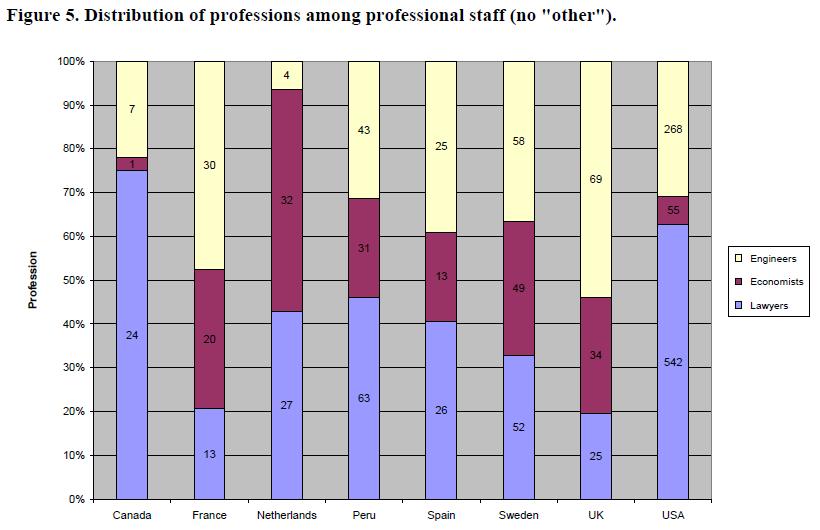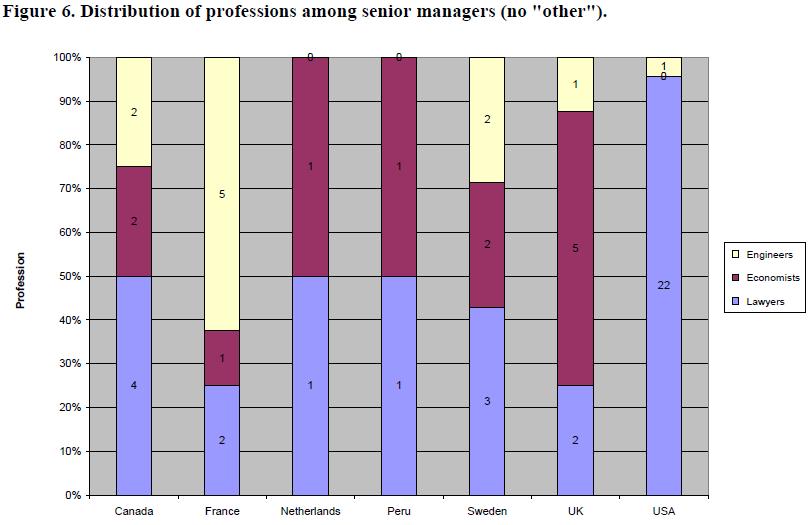Deloitte recently issued a new report on mobile broadband. It positions the U.S. as number-one and offers tips to keep it there, some more useful than others. There’s not much new for the mobile broadband expert. The collection of various mobile-spectrum policy issues into one document, however, could be useful to some, especially to those new to the field. Early on, Deloitte promises suggestions for improving U.S. spectrum policy; the suggestions, however, turn out to be mostly things we’ve heard before. There are a few problems with the report, discussed below, that readers should keep in mind.
Archive for the ‘Policy’ Category
Deloitte’s mobile-broadband spectrum policy primer
Monday, October 15th, 2012CTIA’s International Case for More Spectrum
Tuesday, August 30th, 2011In a recent blog post, CTIA compares some measures of the U.S. wireless industry to those in nine other countries. The purpose is two-fold; to show the U.S. is a leader in number of subscribers, lowest cost per voice minute, and spectrum efficiency, and to argue the need for getting more mobile broadband spectrum in the “pipeline.” These goals are somewhat at odds, and the spectrum-efficiency argument I don’t get, as I’ll explain, but within the constraints of a blog post I think CTIA makes the case that the U.S. is a clear leader in some areas, and that the prospects for more mobile spectrum in the U.S. are fuzzier than they should be today.
Staff at the FCC: How Many Lawyers, Economists, and Engineers?
Sunday, September 19th, 2010The FCC’s professional staff is dominated by lawyers, and the agency wants to increase its numbers of economists and engineers. How does the FCC’s staffing compare to telecommunications regulatory agencies of other countries?
Economist and former FCC Senior Adviser J. Scott Marcus makes this comparison in a new paper. He cautions that his results are indicative, rather than conclusive. It’s hard to compare some agencies because, depending on the country, the same agency that regulates telecommunications may also regulate, say, trains and the postal service.
Figure 5 from the report, below, shows the distribution of professions among professional staff, and shows the predominance of lawyers at the FCC.
Figure 6 is a similar comparison among senior managers; in that role, at the FCC, engineers and economists are basically non-existent.
Marcus observes that the percentage of lawyers in these agencies generally tracks that of the countries as a whole. US society is litigious, so it may be rational for the FCC to have many lawyers.
This report is also noteworthy for it being the first opportunity for some of these agencies to compile these figures.
Mixed Messages on IPv6
Wednesday, September 15th, 2010The Institute of Electrical and Electronics Engineers (IEEE) is an international engineering organization. It has a unit, IEEE-USA, which was formed in 1973 to support the public policy interests of IEEE members in the US. It is respected on Capitol Hill, which sometimes turns to IEEE-USA for input on technology policy matters. That’s fine, if the input is sound.
One problem is that participation in IEEE-USA tends to be dominated by those not in industry, such as government employees, consultants, and academics. This can sometimes result in unbalanced policy positions that are unfavorable to industry.
Take the transition to IPv6. Most of the networking industry agrees that IPv6 is the future. We’re running out of IPv4 addresses. There is no panic, but organizations should be planning for the transition. These notions are generally supported by Google, Cisco, Scott Bradner, and many others.
In its August 2009 White Paper on IPv4 address exhaustion, however, IEEE-USA says that it “discusses IPv6 only as an example replacement. This paper is not intended to exclusively endorse IPv6 as the sole replacement structure and strategy for IPv4. Indeed, the lack of adoption for IPv6, which is an aging alternative, may indicate that preventing premature IPv4 exhaustion is another viable strategy.”
It’s a significant backpedaling from the industry position, plus a dig at IPv6 for having been around a while. This is supported by the dues of industry’s IEEE US members. Industry can lobby government on IPv6, but when a staffer looks up the IEEE-USA view, some of that effort is wasted.
IEEE-USA positions are largely driven by volunteer input. If industry volunteers don’t participate, industry’s view will be inadequately reflected. If a few networking companies could participate more actively in IEEE-USA, it would help tighten up these positions and help the group be a better force all of IEEE’s US members.

